Lagos Ports and the Challenge of Mile 2 Junction Debacle
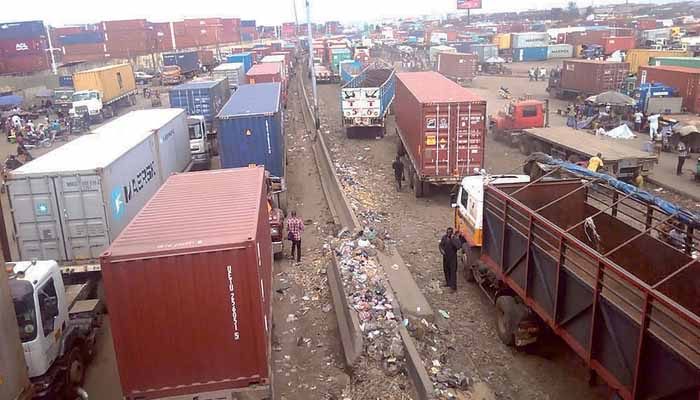
Mile 2 Junction, an important nodal point on the Lagos ports access road has suffered terrible environmental degradation and decaying infrastructure in recent years. In the past three months, heavy flooding has added to the rot, making access to Apapa and Tincan Island ports via this axis almost impossible. IZUCHUKWU OZOEMENA reports.
The stagnant floods have come to represent a painful addition to the hopelessness of the ports access roads in Lagos. It is seasonal, and has remained for years. When the concerned authorities will address this failure as a statutory duty, and put in place an emergency arrangement to normalize this situation remains a big puzzle.
Battling with the deplorable Apapa ports access roads, which includes the Mile 2 Junction, has become an inescapable ordeal for road users. And it is a daily affair. Port operators and other stakeholders from Amuwo Odofin, Ojo, Trade Fair, Alaba International Market, Badagry and beyond going to Tincan and Apapa ports must pass through it. Also affected are traders on the West African coast who daily traverse the all- important Lagos/Abidjan international highway.
The present ordeal of road users on the road defies description. For Chief Charles Abalanne, a freight forwarder with clients at the Alaba International Market, passing through Mile 2 is a nightmare. “Trucks conveying our containers from Tincan Port to Alaba often end up in the Mile 2 floods. The delay lasts for days. Before movement resumes, you have to cough out reasonable money to repair and tow. Will you blame us if this expenditure is added to the cost of goods?”
He blames the existence of potholes and seasonal flooding at Mile2 squarely on the Lagos State government for allowing what he referred to as a shoddy construction which enables heavy floods to now occupy the entire Mile 2 Junction.
Exchanging views on the matter with Business & Maritime West Africa, maritime lawyer, Barrister Emmanuel Osuala Nwagbara said, “The situation in Apapa signifies failure on the part of the Lagos State government. I say this because Lagos State government collects wharf landing fees in Apapa and the ports environment which includes Mile 2.
“We saw the resilience of Apapa during the Covid-19 period. We saw that as a port city, Apapa contributed so much to the sustenance of the economy through the port system it houses from where cargo, equipments, medicals, medications, etc were shipped and have continued to be shipped into Nigeria.
“We have seen how badly battered Apapa has come off that pressure. With Covid-19, a lot of maritime activities were concentrated in Apapa compared to other ports in the east and the Delta. So many articulated vehicles concentrated their operations in Apapa area. Apapa became blocked and physically battered,” he observed.
On the ease of movement within the ports area including Mile 2 Junction, he explained that since road transportation is still largely controlled by the private sector, Lagos State government should empower operators of mini-buses to move people from one point to the other in Apapa. Freight forwarders and other stakeholders operating in Apapa, he said, deserve some level of succour as they move about since motorcycles and tricycles are banned as means of transportation.
“We expected that as part of the palliatives for this area from which government makes trillions of Naira in a year from wharf landing fees, Lagos State would have made the operating environment conducive for practitioners and operators and other stakeholders in the maritime industry. We also expected that working through the local governments and in collaboration with NPA, Shippers Council and the Presidential Task Force engaged in the management of traffic, LASG would have been able to make movement less chaotic in Apapa. So, Lagos State government failed in this regard.”
“You can see how flooded the entire Apapa is today,” he stated. “Whenever it rains, you can’t move from one point to another. Everywhere is flooded; everywhere is dirty. Again, Lagos State government has failed because it is not expected that cleaning up the place will be done by the federal government. It is not expected that the drainages will be handled by the federal government. That is why you have the state and local governments. LASG has failed and this includes the local government that has an office in Apapa.
While the two tiers of government continue to generate funds from collection of wharf landing fees and other activities that go on in Apapa city, they have refused to give back in order to make Apapa an environment that is conducive for users of the city as a ports city.”
To address the problem on a permanent basis, Nwagbara recommended that the federal government, Nigerian Ports Authority (NPA), NIMASA, National Inland Waterways Authority (NIWA), Nigerian Shippers Council and all the other agencies under the Federal Ministry of Transportation should develop a plan not just for Apapa but for other port cities in the country. There should be a plan that in the next fifty years, the port cities should be smart cities because the end of the pandemic is not likely to be seen soon.
“You don’t rule out the possibility of this kind of pandemic occurring again in a few decades to come. We should have a port city (in different locations) that is smart where everything works, which will serve like a citadel that you find in a troubled ship when pirates attack. These port cities should be smart cities where people can live and work under very serious health situations like the pandemic created; where helicopters can land and take off; where you can have the best hospitals and keep people; where you can have quarantine areas for sailors, seafarers and port workers, where people can run to and remain and receive the best medicare.”
“When you look at the man-hours that are lost because the roads are blocked by articulated vehicles, the roads remain impassable because of flood and people have to walk; when you calculate the value of the loss and the effect, you find that we have lost trillions and trillions of Naira which will, in real terms, outweigh what will be used in developing the smart cities to stimulate the growth and development of the country.


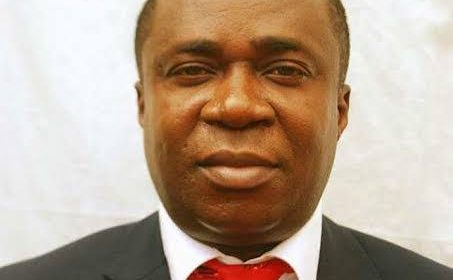
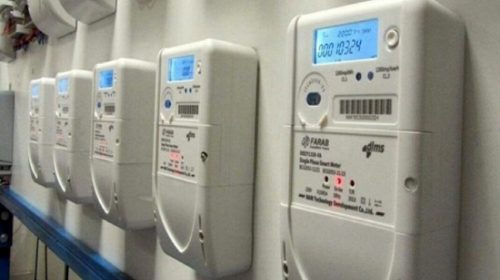
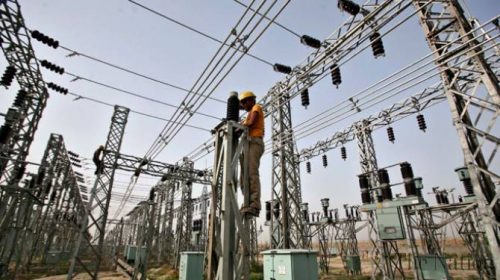
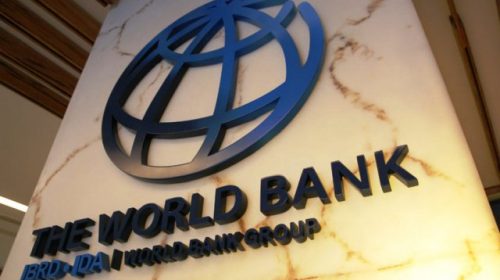

Leave a Reply